World Accreditation Day 2017: Delivering Confidence in Construction and the Built Environment
Accreditation: Delivering Confidence in Construction and the Built Environment
Annually on June 9, the American National Standards Institute (ANSI) and the ANSI National Accreditation Board (ANAB) will join accreditation organizations worldwide to recognize World Accreditation Day (WAD). Established by the International Accreditation Forum (IAF) and the International Laboratory Accreditation Cooperative (ILAC), WAD highlights the important role of accreditation around the globe.
This year’s theme focuses on delivering confidence in construction and the built environment. To help explain the use of accredited conformity assessment, the Public Sector Assurance website was established to showcase examples where accreditation has been used to support construction and the built environment.
As in previous years, World Accreditation Day will be celebrated around the world to communicate the value of accreditation. This year’s theme puts the focus on the value of accreditation to building owners and operators, contractors, manufacturers, designers, architects, and structural and civil engineers. Accreditation also is used by policy makers, local authorities, and regulators to support construction-based regulation, environmental protection, public safety, fraud prevention, public trust, and innovation.
